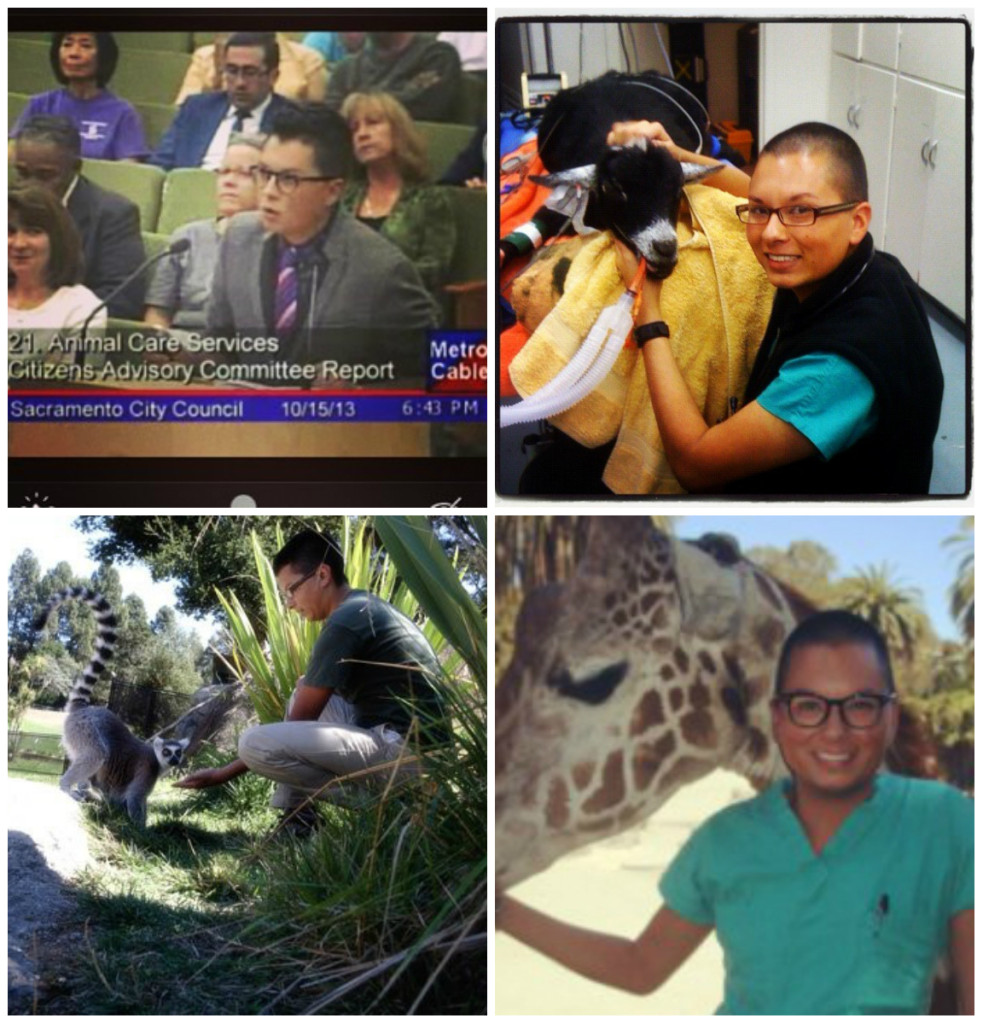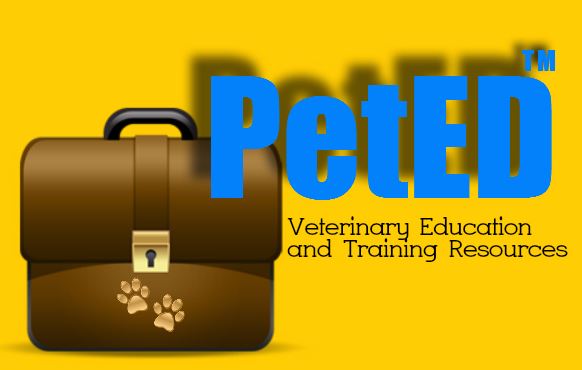
Stephen Cital, RVT, SRA, LAT
Exotics Medicine and Exotics Anesthesia Trainer
Stephen Cital has been working in the veterinary field since high school. His plans to become an RN soon vanished after finding his real interest; veterinary medicine. In 2009, he became an Registered Veterinary Technician. Shortly, thereafter, he then obtained certification as a Surgical Research Anesthetist. More recently he added the designation of Registered Laboratory Animal Technician to his title.
Stephen maintains a position as a veterinary technician III at University of California, Davis. He also divides his time and energy among other activities. He is frequently found moderating the discussion boards on VSPN.org, providing relief work at the Oakland Zoo and he is frequently sought as a consultant.
Mr Cital has contributed to multiple books, conducted his own research with a focus on anesthesia, has written various articles and can be seen at national veterinary conferences lecturing. He also is a Director for the California Registered Veterinary Technicians Association, a Director for the Society of Laboratory Animal Veterinary Technicians and is the Chair for the Sacramento Animal Care Services Advisory Committee. Stephen has a passion for teaching and hopes to use his talents to help veterinarians, veterinary technicians and assistants become much more comfortable being able to care for those unique animals we are seeing more and more in general practice.
When asked why Stephen wants to meet your staff, he responds that many general veterinary practices need support regarding the care of exotic animals.
He can:
- Train your team in emergency care, including triage, patient assessment, and various emergency procedures in exotic species (rabbit, small rodents, birds, reptile and amphibians).
- Provide training in critical care nursing, important species specific husbandry standards, health monitoring, and skills necessary to execute treatment plans in exotic species.
- Teach proper handing and restraining techniques with exotic pets.
- Present hands-on training in vascular access (Peripheral IV catheters, jugular catheters, aural catheters, intraosseous catheters, and arterial catheters), nasoesophageal/nasogastric feeding tube placement, and the associated nursing care.
- Teach your team the art of bandaging exotic species and the differences in wound healing with non-mammals.
- Provide in depth lectures on exotics animal anesthesia. (wet labs can include rabbits, rats, chickens)
- Train staff on exotic animal pain scoring and treatment recommendations
- Teach a suture technique class: basic suture patterns technicians can find useful

